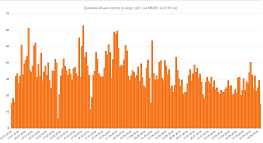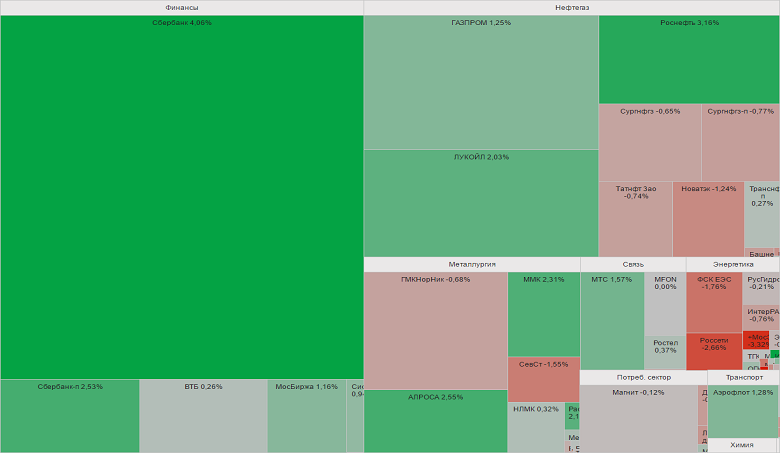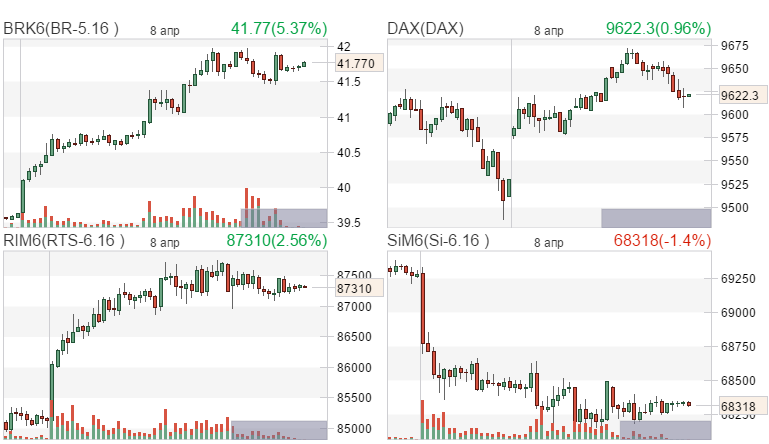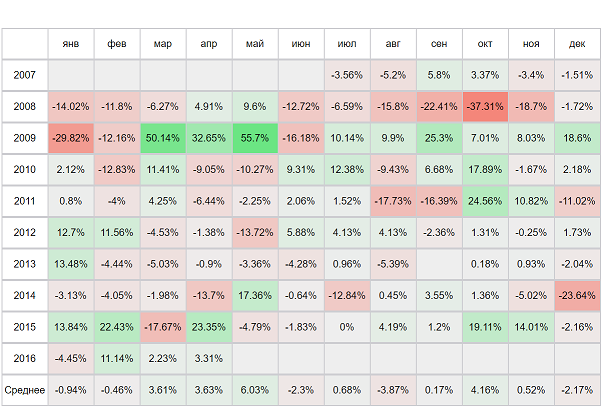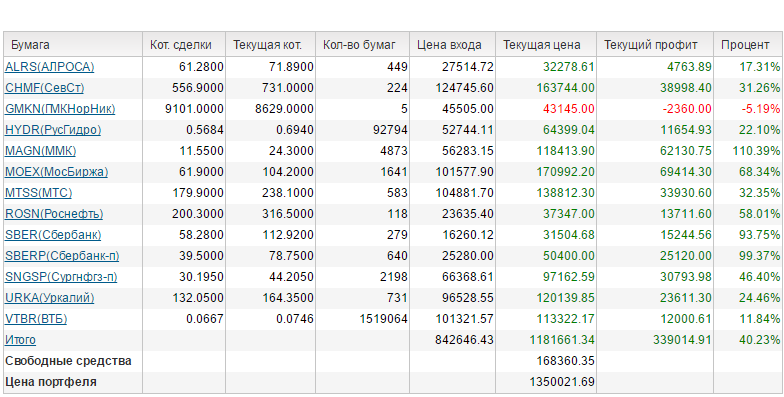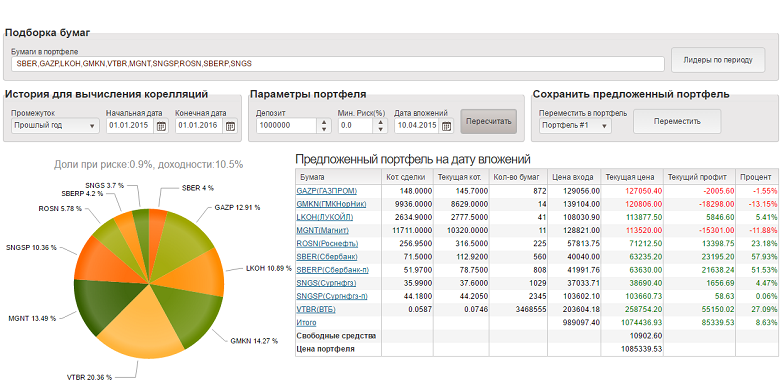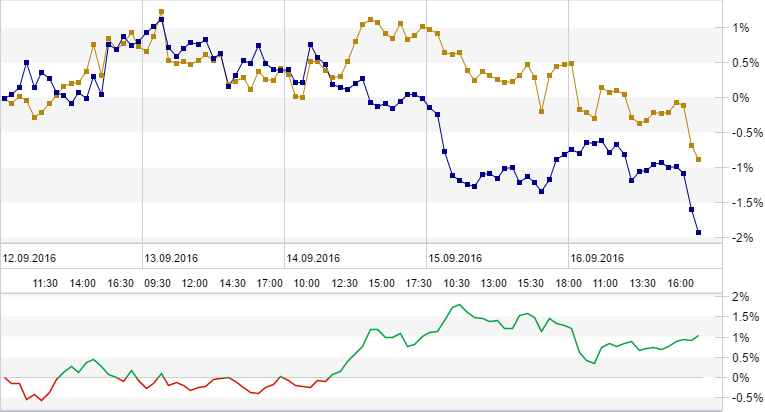 |  |  | |||||||||||
 |
|
||||||||||||
 |  |  | |||||||||||||||
 |
|
||||||||||||||||

Техническая поддержка
ONLINE
 |  |  | |||||||||||||||||
 |
|
||||||||||||||||||
How to Learn 3 Languages at Once (My Personal Routine)
ruticker 02.03.2025 12:34:33 Recognized text from YouScriptor channel Luca Lampariello
Recognized from a YouTube video by YouScriptor.com, For more details, follow the link How to Learn 3 Languages at Once (My Personal Routine)
Learning multiple languages at the same time is not something I would recommend to the average Joe, but the reality is that I'm doing just that. I started learning three languages at the same time. Hi, my name is Luca from LucaAl.com, and today you're going to see how you can learn one, two, three, four, or more languages every single day. The languages I'm learning right now and every single day are **Danish**, **Greek**, and **Hungarian**. There's a specific reason why I've listed these languages in this order. In fact, every single day, I always start by learning the language in which I have the lowest level—in this case, Danish. I just started learning Danish about three weeks ago, and I consider myself a beginner. On the other hand, I've been learning Greek for two years and Hungarian for almost three, and I have reached a more or less lower and upper intermediate level in these languages. This means that it takes much less effort for me to learn Greek or Hungarian, for that matter, than it does Danish. That's the reason why I do Danish first. Establishing priorities is a crucial factor in learning multiple languages at the same time. As I said before, it's not just a matter of time. We tend to throw this word around, but the truth is there are two factors that are just as important as time: **energy** and **concentration**. They're all entangled. The reason why I always wake up early in the morning to learn languages is that I know my energy is at its peak in the morning and at its lowest in the evening. So, my rule number one for learning multiple languages at the same time is to wake up early and hit the books in the language at its lowest level, which is Danish in this case. For those who've been following me for quite some time, I know that I love **Ice Meal**, which is a small book—a perfect learning resource for beginners. I'm using that and applying my bi-directional translation technique to it, which requires energy and, most of all, a lot of concentration for at least 30 to 40 minutes. After spending 30 to 40 minutes learning Danish, I can do a number of things. I normally organize things so that I can do Greek after Danish, allowing me to actually kill two birds with one stone. Actually, there are a lot of birds that you can hear here because we're shooting outside. The reason why I do Greek is that I know it's less intense than Hungarian, but the good thing is that I can relax a little bit more because I'm not using a Simone anymore. I still listen and read at the same time, but sometimes, for example, I talk to my teachers, so it's a different thing. I started really enjoying the language; that's the reason why this comes second. I know that I have to do it, but I also want to do it because it has started being fun. On a normal day, I set things up so that I can start working around 9:00 and dedicate time to learning Danish and then Greek. But sometimes, like today, which is filming day, some days are more intense than others. When I have really intensive days, I try to make sure that I take care of the last born of the family. Maybe the other ones are a little bit like grown-ups and think they can take care of themselves, so to speak. Don't beat yourself up when it comes to learning multiple languages at the same time. If you can't learn three languages every single day, that's not the end of the world. As long as you keep learning on a weekly basis, the first language that you focus on should receive particular attention—so Danish and Greek, possibly in the morning. What about Hungarian? Well, I've tried to do Hungarian after doing Danish and Greek, but I've just realized that after that, I'm not able to work because it's a lot of intense work on languages first thing in the morning. You know, life gets in the way. I also have to work, give lessons, teach, and write articles. So, I told myself, "Okay, two languages in the morning when I'm fresh and possibly one language in the evening." I take language courses with two Hungarian teachers and try to talk to them around 1:00. I rehearse and listen to these lessons after taking them, maybe 48 hours later, possibly at night. So, I distinguish the Danish-Greek routine in the morning and then Hungarian in the evening. On top of that, I'm also using a magazine called **Modular**. The reason why my routine with Hungarian is even more relaxed is that I think I have an upper intermediate level, so I can be even more relaxed. What I normally do to keep my motivation going is to plan trips to Hungary on and off. I'm going to Hungary in a little bit. That's more or less how I organize every single day. One thing that I've been doing for years, and it really works wonders, is to keep a logbook. I open a Google Doc, and at the end of each learning session, I make sure that I go to the logbook and write exactly the date, what I did, and how long it took me. For this specific project, I have created a logbook that includes all three languages. Every single day, at the end of the day, I just copy each entry and transfer them into the general logbook so that I can get a clear picture of what I'm doing every single day for these three languages. The trick here is that if every day, at the end of a learning session, you put your entry and then transfer all these entries into the big logbook, you will see the progress that you're making—not in one, not in two, but in three languages. That's an amazing feeling, just as the feeling that a climber has when, halfway, he looks back and sees the path that he's covered. That's amazing for your motivation because you always have to remember—and I can't stress this enough—that language learning is a marathon. Learning three languages at the same time is like running three marathons at the same time. You better keep track of where you're going and how much ground you've covered. To wrap up, first, it is really important to establish priorities. I don't normally recommend learning three languages at the same time, but if these three languages are at different levels, that's fine. Point number two is that it's really important not only to organize your time but also to organize your energy and concentration. Third, make sure that you keep an accurate track of your progress. Do keep one single log for each language, but also make sure that you have a bigger logbook where you can see the entire framework and the entire picture that you are drawing for your future. If you've enjoyed the video, please share it around. If you haven't subscribed, please subscribe and click on the link below because there's an amazing article waiting for you with a big surprise. For the first time, I've decided to publish my Google Doc where I'm writing each and every single day what I do with these three languages. You can see every single day; you have free access to what I do, along with tips, considerations, and observations that are right there every single day. Enjoy!
Залогинтесь, что бы оставить свой комментарий



